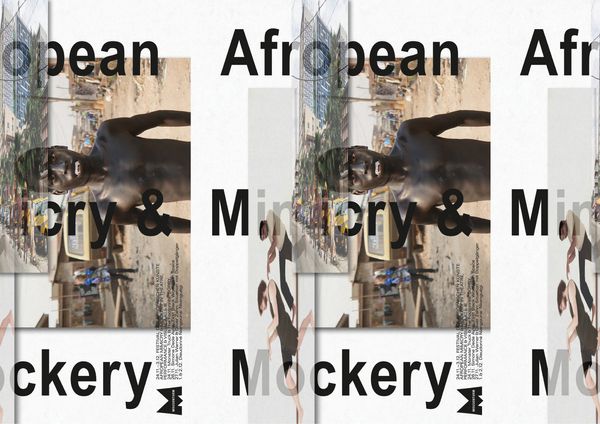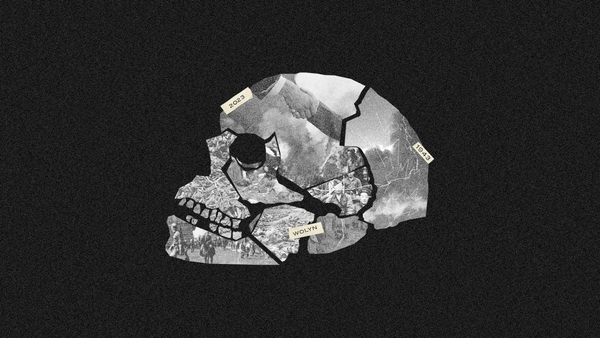People, words, buildings, stories, and moods—all of these and more have contributed to creating the Budapest we know today over the past 150 years. To mark the anniversary, we asked people who are connected to the capital by a thousand (or at least a hundred and fifty) threads about the past and future of Budapest and their personal connection to the city.
Boggie (Boglárka Csemer), singer
What would you have been in Budapest 150 years ago?
I might have been a teacher or a governess, but I could also have been a wet nurse and looked after the masters’ babies. But more likely the first version.
The differences in geography, history, and development still create tangible contrasts between Buda and Pest. What do you like about both?
I am born and bred in Pest, and I think that the Pest side is more representative of reality and of society as a whole. Buda really appeals to me, with its zigzagging streets and hilly location. Whenever I visit Buda, I always feel a bit like a tourist. ☺ I’d love to live on that side of the city one day, but whenever I go there, I always see a completely different side of Budapest, Hungary, and society. I experience this every single time. The Pest side has everything commercial, cultural, and administrative. I think this duality in our capital is very exciting.


What are the best and worst things about Budapest?
I’m lucky because I’ve been to so many big cities, so every time I get to see Budapest, I’m amazed at its beautiful location. The Danube is monumental. Walking along the Chain Bridge, you are greeted by a spectacle that few cities can match. So the best thing is the location. By the way, our public transport network is pretty cool, even if we don’t have ten metro lines. The tram and the trolleybus networks are outstanding in Europe, and they’re environmentally friendly.

The worst thing, I think, is also related to the view. Walk along the boulevard and you will find that every façade is grey or some shade of grey. It is a grey city and the building fronts are still dilapidated. In Paris, every apartment building is obliged to include a percentage in the common costs, which guarantees that they will be renovated every ten years. There is a reason why foreigners like to make war films in Budapest. So, I think the façades in the city center could do with a facelift.

Which image and/or song best describes Budapest for you?
I once wrote a song about Budapest for my album 3, called A város nélkülem (The City Without Me—the Transl.) ☺ But the song Budapest by George Ezra was also a very nice gesture. Szeder also has a French-language Budapest anthem, which is also lovely! For a picture, I can’t help but think of a quay or a view from a central bridge.
If you had to recommend a book about Budapest that might also be available in a foreign language, which would it be?
I am going to recommend a contemporary book: Magnet Hill by Réka Mán-Várhegyi. It is a masterful portrayal of the intellectual bustle in early 21st-century Hungary and reveals a lot about the Hungarian mentality, but it is also a cityscape.
Who or what is the most ‘Budapester’ person or thing for you?
For some reason, Bori Péterfy and Zsófi Kemény popped up first, but I can’t explain why. Somehow I know they are from Budapest and I associate them with the atmosphere of the old tenement houses. I would have to say that the most Budapester thing is the world of ruin pubs. I’ve never seen a ruin pub culture anywhere else in the world.

If you had to live in one of the region’s other capitals instead of Budapest—Vienna, Belgrade, Ljubljana, Bratislava, Prague, Warsaw, or Zagreb—, which one would you choose?
Vienna. Because of the proximity and the tangible difference in living standards and mental state. Prague for its location and ambiance. You feel so familiar there. But I would prefer to stay here in Budapest, close to my family and friends.
How do you see Budapest 150 years from now?
I think there will be no car transport, only electric vehicles. It is possible that entry to the city will be subject to a permit. It will be a default to live on the Danube in a boat, fewer families will live here, and it will probably be easier to get by in the countryside. There will also be many self-sustaining communes near the city. Budapest will be a world of work, not of living.
Check out the other parts of the Around Budapest in 150 years series!

Question the past and design for the present | In conversation with Eike König











